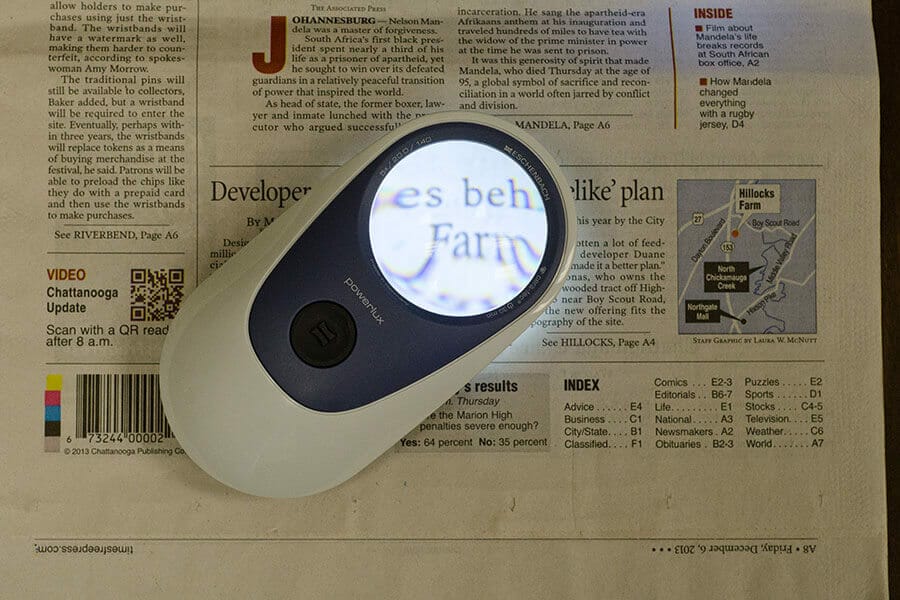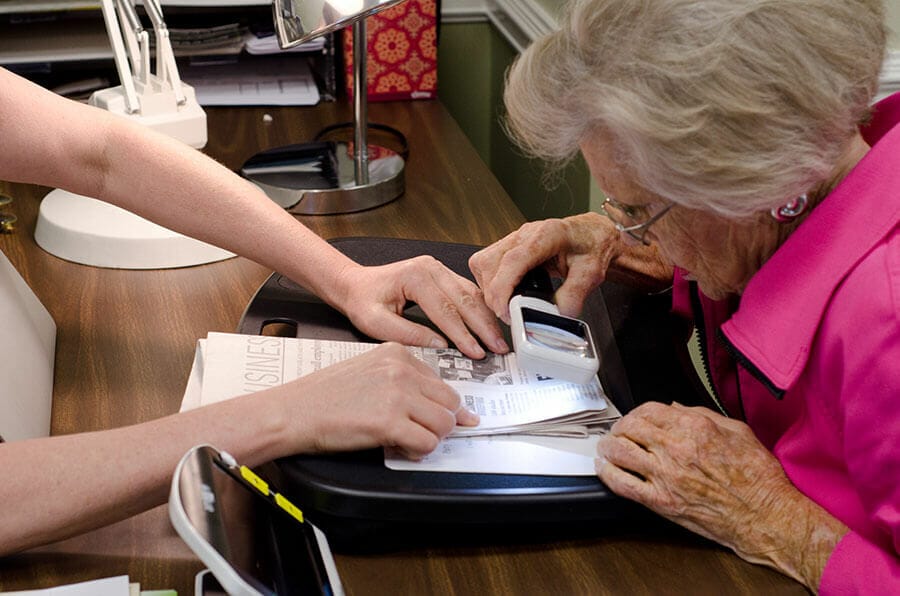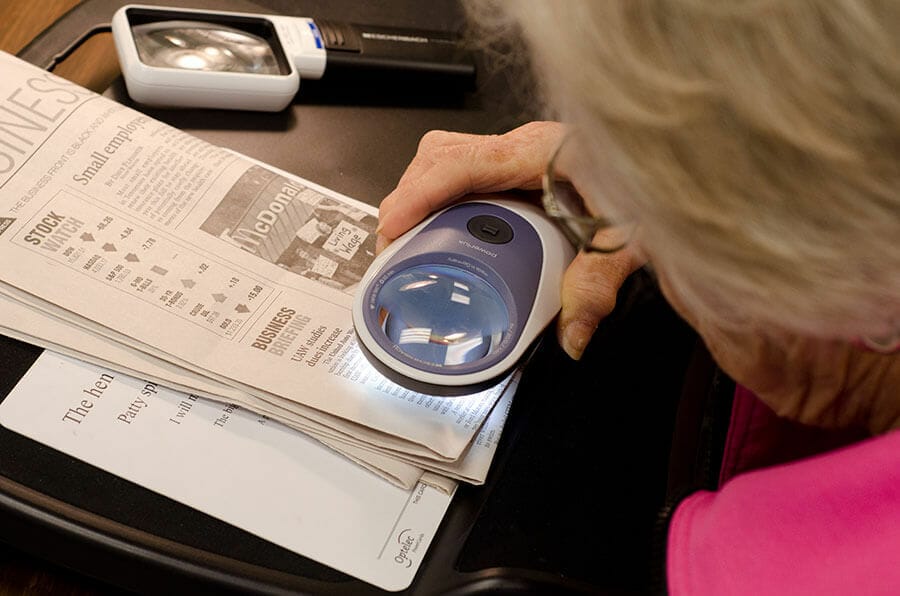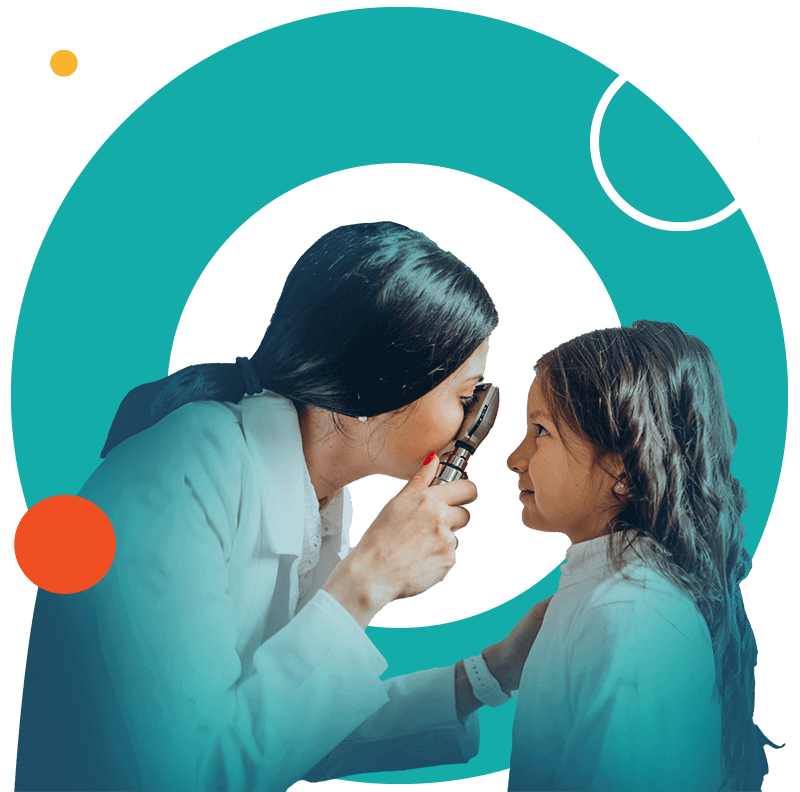Types of Magnifying Glasses for Reading
When it comes to aiding reading for those with low vision, there is a diverse range of magnifying glasses available, each catering to specific needs and preferences. Understanding the types and their unique features is key to selecting the right magnifier for an enhanced reading experience.
Handheld Magnifiers
Handheld magnifiers are the most familiar type. They are versatile and portable, making them ideal for short reading tasks like checking price tags or reading menus. Many handheld magnifiers come with built-in LED lights, providing additional illumination for clearer viewing.
Stand Magnifiers
Stand magnifiers are designed to rest directly on the reading material, offering hands-free convenience. This type is particularly beneficial for longer reading sessions, as it reduces hand fatigue and allows for a steady, consistent view. Some stand magnifiers also feature adjustable heights and angles for added comfort.
Magnifier Reading Glasses
Magnifier reading glasses, or magnifying reading glasses, resemble regular eyeglasses but with lenses specially designed to magnify text. These are perfect for continuous reading, offering the advantage of keeping both hands free. They are ideal for reading books, newspapers, or working on crafts.
Video Magnifiers
For high-tech solutions, video magnifiers, or electronic magnifiers, offer advanced features. They display enlarged text on a screen, allowing for adjustable magnification levels and contrast settings. Some models even offer text-to-speech functionality, adding an auditory element to the reading experience.
Bar and Dome Magnifiers
Bar and dome magnifiers are designed to glide smoothly over the reading material. Bar magnifiers are ideal for reading lines of text, while dome magnifiers provide a distortion-free view, making them suitable for detailed work or reading fine print.
Tele-microscopic Lenses
These lenses are mounted on eyeglass frames and provide magnification for specific distances. Tele-microscopic lenses are useful for reading signs or watching television, in addition to reading.
Prismatic Half-Eye Glasses
Prismatic half-eye glasses are another form of magnifying reading glasses, offering magnification with a broader field of view. They are particularly useful for reading for extended periods.
Incorporating the right type of magnifying glass into a low vision individual's reading routine can significantly enhance their reading capability and enjoyment. The choice depends on the user's specific vision needs, reading habits, and comfort preferences.


















